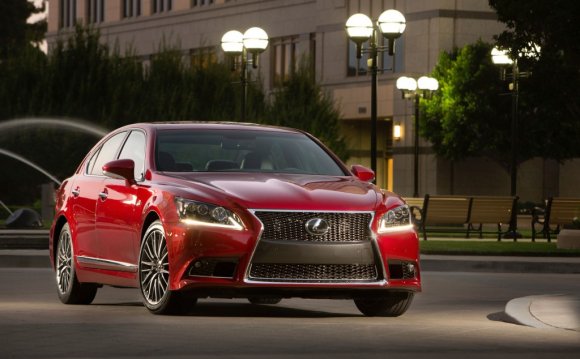
When it comes to purchasing a used car—or “pre-owned vehicle, ” for the euphemistically inclined—there are two traditional routes a buyer can take. Dealing with a private seller is typically cheaper but requires faith that the owner is being honest about the car’s history. Buying from a used-car dealer often costs more and necessitates trust of a whole different order, namely, that the dealer knows anything about the car’s past. But another avenue has become a popular alternative: purchasing a used car from a manufacturer’s certified program.
Often called “certified pre-owned” (CPO) vehicles, these cars are sold through new-car dealers’ used sections. From January 2008 to January 2009, there was a nearly 10-percent increase in monthly sales of certified used cars. Nearly all manufacturers have such a program, including luxe brands like Bentley, Maserati, and Porsche. We’ve assembled this guide to help you understand the different options available.
How Does a Car Get Certified?
For a vehicle to be eligible for a CPO program, it must be within a certain age range (typically less than five or six years old) and have fewer than a specified number of miles on the odometer (the limit is anywhere between 50, 000 and 100, 000 miles), although Bentley has no mileage limitation. Vehicles with aftermarket modifications are generally excluded, and manufacturers also tend to look for vehicles with known dealer-service histories. Chosen vehicles are put through a multipoint inspection—the magic number of points seems to be 150—and anything that needs attention is supposedly repaired or replaced. The number of points is mostly irrelevant, as each brand breaks the inspection down differently, and many of the points are things that would be obvious to a buyer anyway. Many companies make the inspection list available to buyers, so you’ll want to be sure to ask for that before making your decision.
Although it won’t tell you everything about a car, the automakers (save for Maserati) include a vehicle-history report, most of which come from Carfax. This will list where the vehicle has been registered in the past, any reported collisions, reported dealer services, and when the vehicle was bought and sold.
The Benefits of a CPO Program
Not surprisingly, certification comes with a price. The extra money you lay down comes with some added peace of mind, which mostly takes the form of an extended warranty. The term of the extension depends on the program—some simply lengthen the original factory warranty, while others go from the date of purchase. There can be different treatments for the powertrain warranty and the vehicle warranty, which themselves differ from brand to brand. (You’ll want to have your fine-print spectacles handy.) Be sure you fully understand the terms of the warranty, as some hide language that leaves the manufacturer an out on repairs you might expect to be covered. Certain manufacturers also will charge a deductible for warranty repairs (usually $50 to $100), although the majority do not.
There are other benefits, as well. Some companies make certified vehicles available for lease. It is often possible to finance the vehicle through the automaker’s financing arm or partners. And then there are the extras. Nearly all CPO programs include roadside assistance and travel-interruption services—such as allowances for meals and hotels if car trouble leaves you stranded far from home—although these are benefits that can also be had with membership in an auto club. Many will give you a free loaner or rental if your car needs work done. Some even allow buyers to exchange the vehicle within a limited number of days and miles from purchase.
Isn’t This Just Like a Third-Party Warranty?
Yes and no. Many third-party warranties will include a lot of the extras like roadside assistance. The main difference is that a third-party warrantor may or may not be there when needed, whereas the manufacturers will (or at least some responsible dealer and service network, in the case of defunct brands like Oldsmobile). It’s also generally easier to locate a dealership that will service and repair your vehicle than to make claims with a warranty company when something does go wrong. The third-party warranty likely will be less expensive than the premium of buying a certified car, so it should be compared on that basis. Also, financing options may not be as appealing when buying from a private party or used-car dealer.
Is a Certified Car Right for Me?
If you’re in the market for a lightly used vehicle, it’s a good idea to at least research a brand’s CPO program and make the cost-benefit judgment then. Most companies make an inventory search available on their website that will allow for quick comparison shopping. Those looking to save money by buying a high-mileage car or one that’s older than the CPO cutoff will have to look elsewhere. If, however, you’re used to the new-vehicle purchasing process and the warranty that comes with it, a CPO car can help allay the fear of going used.
INTERESTING VIDEO












